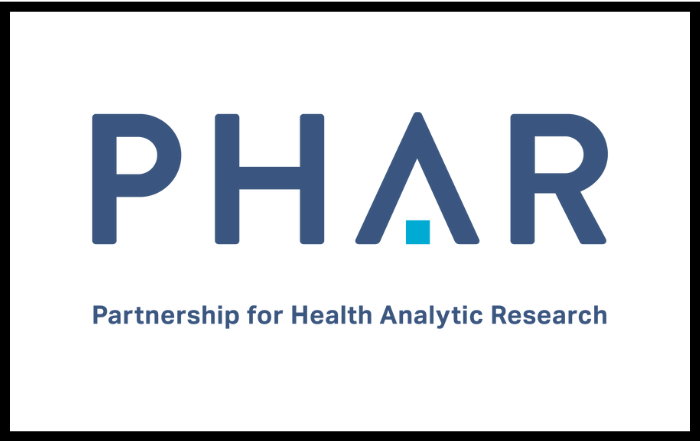The proliferation of data and digital footprints beyond the EHR holds immense promise for improved experiences through the lens of understanding patients and consumers as whole people. With greater insight, however, comes the challenge of enhanced data management, including access to data and rationalization of data.
In this session, leaders from health systems and public health will share how their organizations have become more empowered to improve care coordination, personalize experiences, and inform business and clinical decision-making by bringing a flexible approach to data management.
Panelists will discuss:
What is the future of interoperability and data portability?
How can organizations reduce the friction inherent in identity management and mobility of data?
What types of data can and should be connected across the healthcare continuum to improve individual and community wellness?
How important is identity resolution to improving interoperability now and in the future?
Featured Speakers
Brad Finnegan
CEO, and Founder
Cascadia Strategies
Brad is a seasoned health policy expert, founding Cascadia Strategies after working for the Washington Health Benefit Exchange for three years where he was the Associate Director of Operations. He was a founding staff member of the Exchange and led its carrier interactions, including developing their EDI flow and reconciliation processes.
Todd Miller
Supervisor, Master Data & Technical Governance
Fairview Health Services
Leader, designer, and developer in the healthcare industry with 20+ years of experience deriving value from analytics, warehousing, archiving, and master data management solutions. Skilled in converting ambiguity into understandable, actionable business solutions.
Click here for additional information and registration details.



